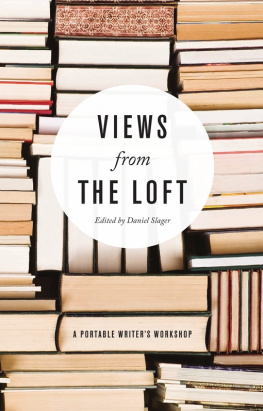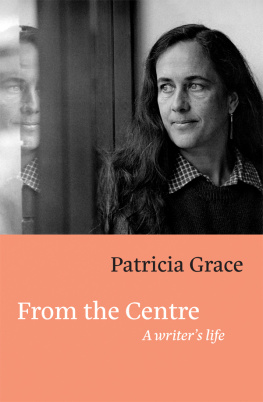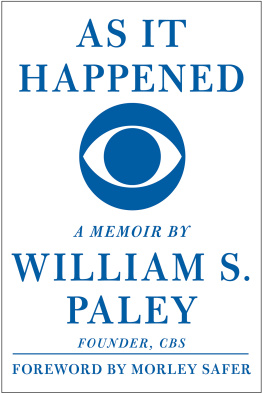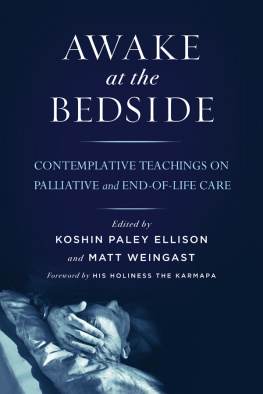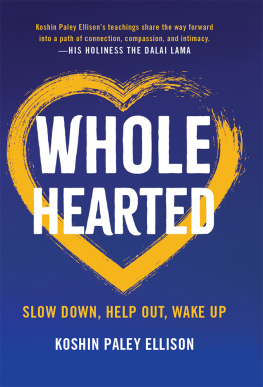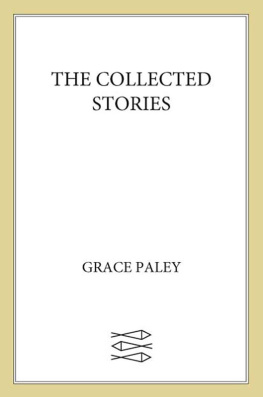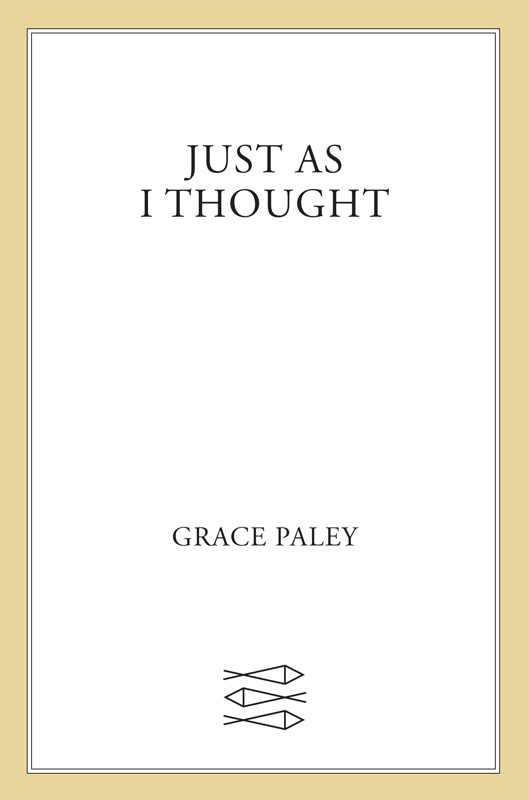Contents
Guide

The author and publisher have provided this e-book to you for your personal use only. You may not make this e-book publicly available in any way. Copyright infringement is against the law. If you believe the copy of this e-book you are reading infringes on the authors copyright, please notify the publisher at: us.macmillanusa.com/piracy.
Contents
Dedication and Thank Yous
I want to thank the women and men, black and white, who in the middle of my life taught me about nonviolence as an art, a strategy, and a way to live in the dangerous world.
And the women who preceded me in this last-half-of-the-century womens movement. They were early in understanding and action, so that it was easier for me and others to cross the slippery streets of indifference, exclusion, and condescension.
And the women and men I worked with in the antiwar movement day by day and into long nights with a happy combination of high excitement and essential steadying tedium.
And Bob Nichols, who was one of those people and my own particular companion, without whom real life would be smaller and probably sad.
And my children and children-in-law and grandchildren, who are on my mind every day and cannot be deposed.
And Jess Paley, my first encourager and friend.
And my brother and sister and sister-in-law, who continue to lead me by fifteen years of information and remembrance.
And Jonathan Galassi and Elaine Markson for their patience and timely impatience, and Lynn Warshow, whose eye was on the pages.
And friends who took hours and days from their own work to help me get the book together, especially Beatrix Gates, Barbara Selfridge, Vera B. Williams, Ellie Siegel, and again Bob Nichols; and also Nora Paley, who keeps me straight.
Introduction
Ive called this collection Just As I Thought. Ive left the articles, reports, and prefaces pretty much as originally written. The transcribed talks are another matter. Theyve required correction, clarification as they came from my indistinct speech on tape to the transcriber. Still it wasnt hard to present them reasonably unchanged; I havent unsettled my views of the American war in Vietnam, war in general, racism in particular, and as time increases its speed, I am more of a feminist than ever.
Though I myself began in the twenties, much of what this book is about began in the fifties. Apart from the fascinating, life-enhancing fact of my children, certain national and international events decided the work and friendships of my daily life for the next forty years. Of course I didnt realize it at the time. It just seemed like more bad news. I had begun to write stories about women and children which included men. I thought at the time they were probably too personal, but thats what engaged me.
In 1954, half the world away, the Vietnamese defeated the French at Dien Bien Phu, causing great anxiety in Washington (not yet to me). The United States had hoped that France would take care of Southeast Asia, save it from Russian or Chinese Communism, since we had problems closer to home. There were democracies in Guatemala and Iran (not so close, I guess) that had elected the wrong people and the wrong parties. With the help of the CIA, Arbenz in Guatemala and Mossadegh in Iran were deposed. This is not new information.
Once the French had gone back to France, the United States feared the Vietnamese would probably make the same electoral mistake. That had to be prevented and it was. Its cost was twenty years of unremitting war.
Happily for the people of the United States there was one great good event in that busy yearalmost a century too late: the Supreme Courts decision in Brown vs. Board of Education ordered desegregation in American schools.
Most of the pieces in this book were written because I was a member of an American movement, a tide really, that rose out of the civil-rights struggles of the fifties, rolling methods and energy into the antiwar, direct-action movements in the sixties, cresting, ebbing as tides do, returning bold again in the seventies and eighties in the second wave of the womens movementand from quite early on splashed and salted by ecological education, connection, and at last action.
Probably by the late seventies, movement people, that is folks from leftish to left, began to understand the connections between and among these essential struggles for justice, for peace, and for a living planet. Then they began to prioritize and suggest or, more often, accuse one another of being wrong on color, class, gender, or planetary loyalty. Actually, this was true in lots of cases. After all, some feminists were sometimes racist, some African Americans were sometimes misogynist, some Jews did sometimes act as though they were in charge of suffering, and almost everybody arrived too slowly at the reality of the destruction of species, water, and air.
I am not a journalist. In the following reports I dont cover all the aspects of that war or the antiwar movement or the womens movement. Not too many correspondents of that time did, either. Many, in retrospective smartness, saw it all. Not necessarily agreeing with me. In the columns for Seven Days and the prefaces to various War Resisters League calendars, I did try to invent a form in which the characters from my stories could give or argue useful information about Puerto Rico, neighborhood vigils, or demonstrations at the Seabrook nuclear plant. The Vietnam section of this book has its own introduction because a young person told me it happened so long ago and needed contextualization.
But the fact is, 1954 was a year in which much was set in motion. Enough certainly to add daily committed political work to family life, to a haphazard work schedule and evening struggles to write poems and stories. I was, with many of my friends, in my mid-forties, fifties, and then sixtiesa time of great energy for women lucky enough to live those years during the second wave of the feminist movement.
This is not an autobiographical collection, but it is about my life. Many of the pieces are political even when they take on literary subjectsa reaction not unnatural to me or deliberate. I didnt have to work my way toward a sudden awakening in revolutionary amazement. I knew from an early age that my father had been imprisoned in common local jails in Russia and then in Siberia at Archangel, that my mother had been sent into exile, and that both were released when the Czar had a son. Prisoners under twenty-one were sent homeprobably just in time for the 1905 revolution and more pogroms.
My parents seemed heroic to me, and if I was amazed, it was by their anger at me the times I was suspended: first from junior high for signing (probably) the Oxford Pledge against war when I was about twelve and suspended again in high school for something similar. In this country, they seemed to believe, education, once struggled for, came firstthen socialism.
My brother, my sister, and I are often annoyed by our failure to have extracted much information from our parents and grandmother. Of course they may not have known muchbut there is a world where some people publicly trace their past to medieval baronies and others, plain Jews like us, believe they are descended, through centuries of wandering, settlement, pogroms, immigration, from famous rabbis, princes of great cities full of Polish and Lithuanian Jews, not to mention the Spanish communities of the Marranoswell, my sister and brother and I, we feel kind of left out. Actually; I dont think any one of us wants to go that far back, but we did want to know why those old cities, Bachmut, Baku, and Mariupol, were mentioned from time to time in discontinued conversations or printed on the backs of old Russian photographs, some taken in the family photography establishment, Gutzeit. Our grandmother (from whom we might have learned a few facts) and our parents thought their European past a delta of muddy suffering, a swamp of despair, in which we could only sink. Maybe they just forgot, being so damn busy with learning English, school, work, family, life, death. Suddenly, before they could say more, the story ended.


